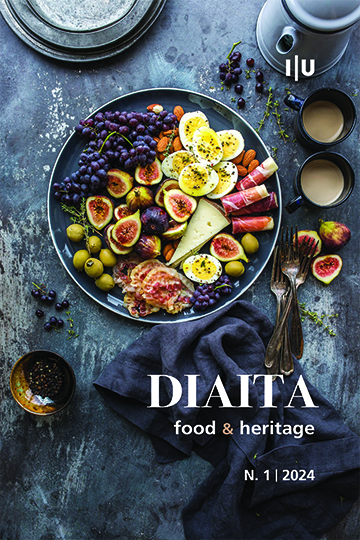Cachaças, spirits and sugarcane wines in colonial Brazil everyday life
production, consumption and administrative measures (Bahia, 1625-1649)
DOI:
https://doi.org/10.14195/2976-0232_1_11Keywords:
Cachaça, wine, sugarcane, administration, Colonial BrazilAbstract
This article reflects on the daily availability and status of beverages made from sugarcane among the different strata of the colonial population in a brief but seminal window of the period, limited to Bahia. After 1625, the Brazilian capital was recovering from a Dutch occupation while serving as a beacon for other territories in Portuguese America in the face of the threat posed by the same Dutch, who continued to harass the coast and, from 1630, started to spread across the northern captaincies. The gradual reorganization of Salvador and the monarchical restoration of Portugal, in 1640, incited administrative measures and efforts aimed at a series of everyday issues, including internal trade in Brazil and the taxation of certain products. There were orders that affected the production, transport, licensing, sale, taxation and prohibition of food items, including derivative beverages, namely those made from grapes and sugarcane. Through administrative documentation, including provisions, ordinances, and decrees, issued by the Crown or local governance, especially that which contains the Book of Minutes of the Salvador City Council, in addition to correspondence and personal papers from administration officials, the article attempts to assess the daily dissemination of sugarcane beverages, the harmful effects perceived by colonial authorities, which led them to enact prohibitive measures, and to delimit the spaces, between rule and practice, enjoyed by such products.



